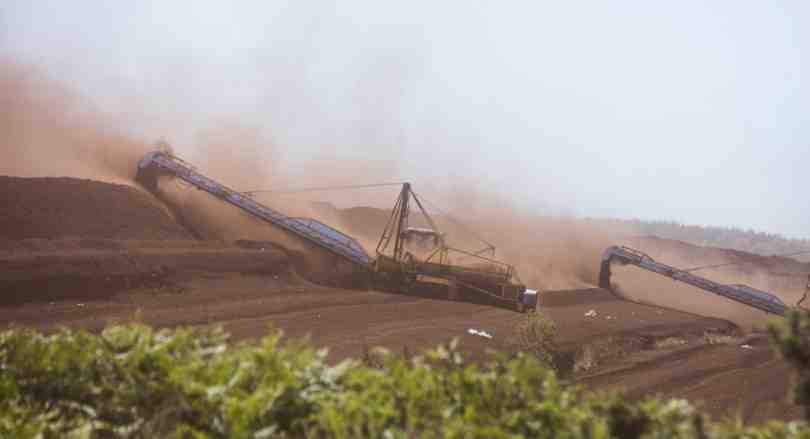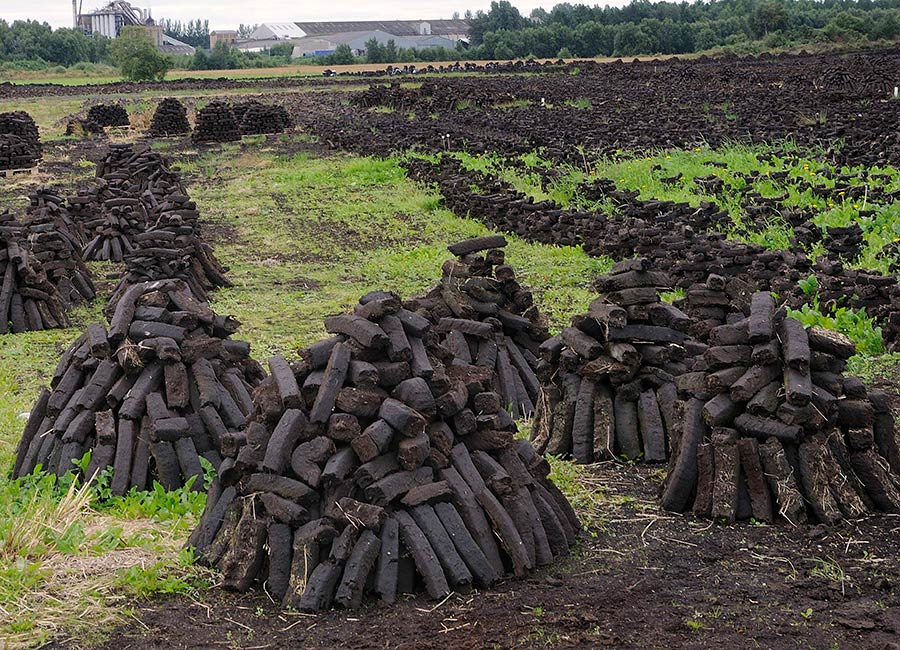Ireland could face an action in the European Court of Justice after the European Commission gave the government two months to respond to another ‘reasoned opinion’ on peat cutting sent to the minister yesterday.
The Commission said that it is calling on Ireland to act to halt the “continued cutting of peat within Special Areas of Conservation (SACs)” designated to conserve raised bogs and blanket bogs under the Habitats Directive.
The European Green Deal and the Biodiversity Strategy for 2030 aim to halt biodiversity loss by protecting and restoring biodiversity, it said, and in addition to their biodiversity value, peat bogs are vital carbon sinks when healthy.
“Their protection and restoration assist Ireland in meeting its climate change goals not only in keeping the peat in the ground, but also by avoiding the very high carbon and other air pollution emissions which are caused when peat is burnt as a fuel,” it said.
“The Irish authorities have taken action to stop cutting, including by compensating peat and turf cutters. However, cutting activities are still ongoing and enforcement action appears to have stalled. Restoration activities have begun on some raised bogs SACs, but this is too slow given the importance of this priority habitat and its precarious state.
“With regard to blanket bogs SACs, there appears to be no regime controlling ongoing cutting, with cutting for domestic use exempt from control.
“The Commission sent a letter of formal notice in January 2011 followed by a reasoned opinion in June 2011. After a long dialogue with the Irish authorities, for the reasons mentioned above, the Commission has decided to issue an additional reasoned opinion to Ireland, which now has two months to respond and take the necessary measures.
“Otherwise, the Commission may decide to refer Ireland to the Court of Justice of the European Union.”
In its regular package of infringement decisions, the Commission also called on Ireland to to transpose fully the Single-Use Plastics Directive (Directive 2019/904) into national law and to to communicate all measures necessary to transpose the directive on EU rules facilitating access to financial information to combat criminal offences such as money laundering, terrorist financing, and other serious offences.
Climate policy failings have also led to formal notice to Ireland from the Commission for failing to notify its national long-term strategies under its energy and climate action policies and directives.
“In the European Climate Law,” said the statement, “the EU set out a clear intermediate target of reducing net greenhouse gas emissions by at least 55% by 2030, compared to 1990 levels. The Governance Regulation sets out a process for the Member States to prepare, by 1 January 2020, their first long-term strategies with a perspective of at least 30 years, and new strategies every 10 years thereafter.

“To date, Bulgaria, Ireland, Poland and Romania have yet not submitted their national long-term strategies to the Commission. They now have two months to reply and share their strategies with the Commission.”
The Commission also announced it will take the next step in proceedings against Ireland, and also Portugal, for failing to correctly transpose the Directive on the right to information in criminal proceedings, one of six measures aimed at creating common minimum standards, ensuring that fair trial rights of suspects and accused persons are sufficiently protected throughout the EU.
A total of 14 out of the 27 member states received infringement decisions in this package, more than half the total. We are not alone, but on the peat cutting issue — we are.











